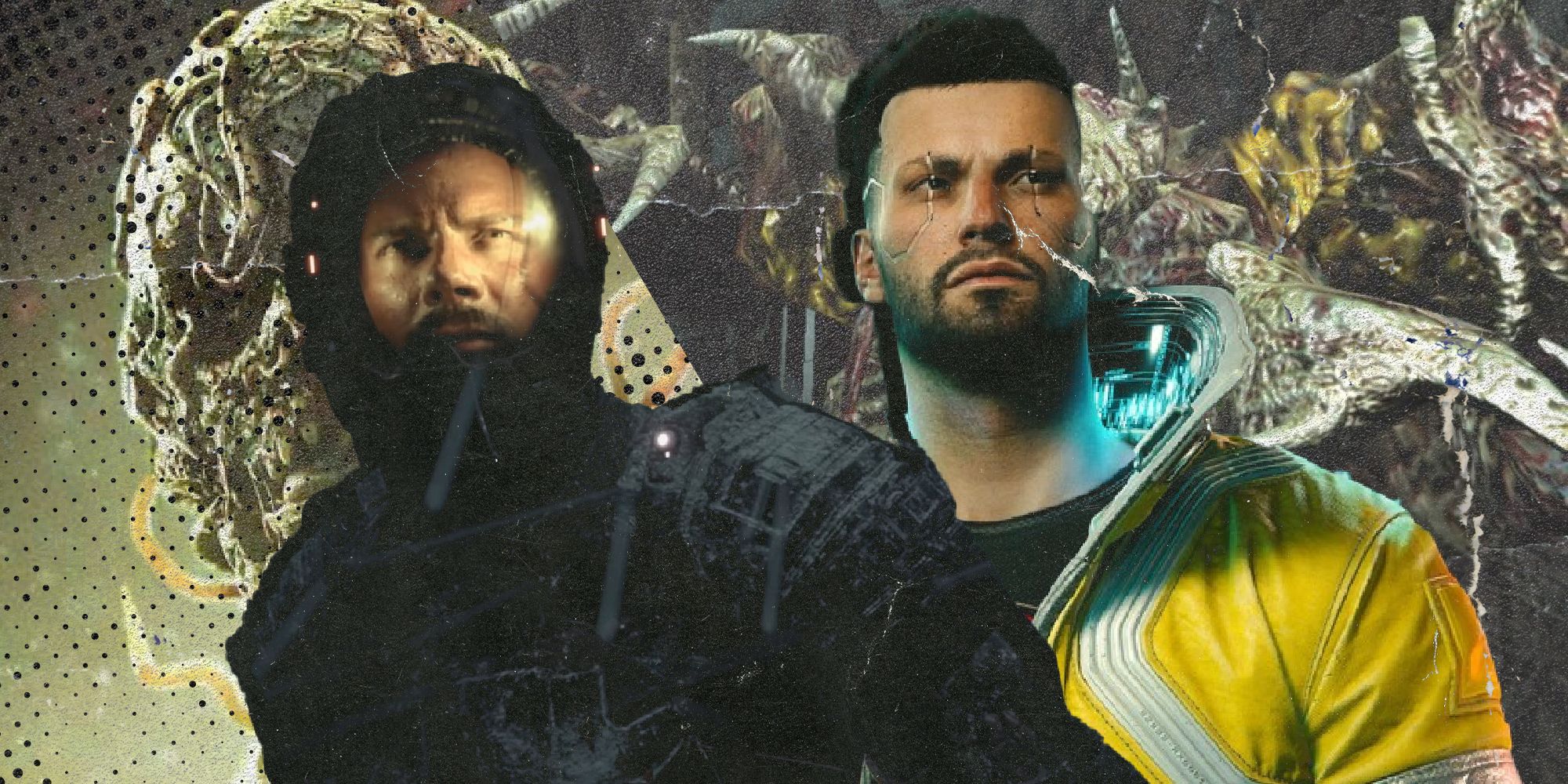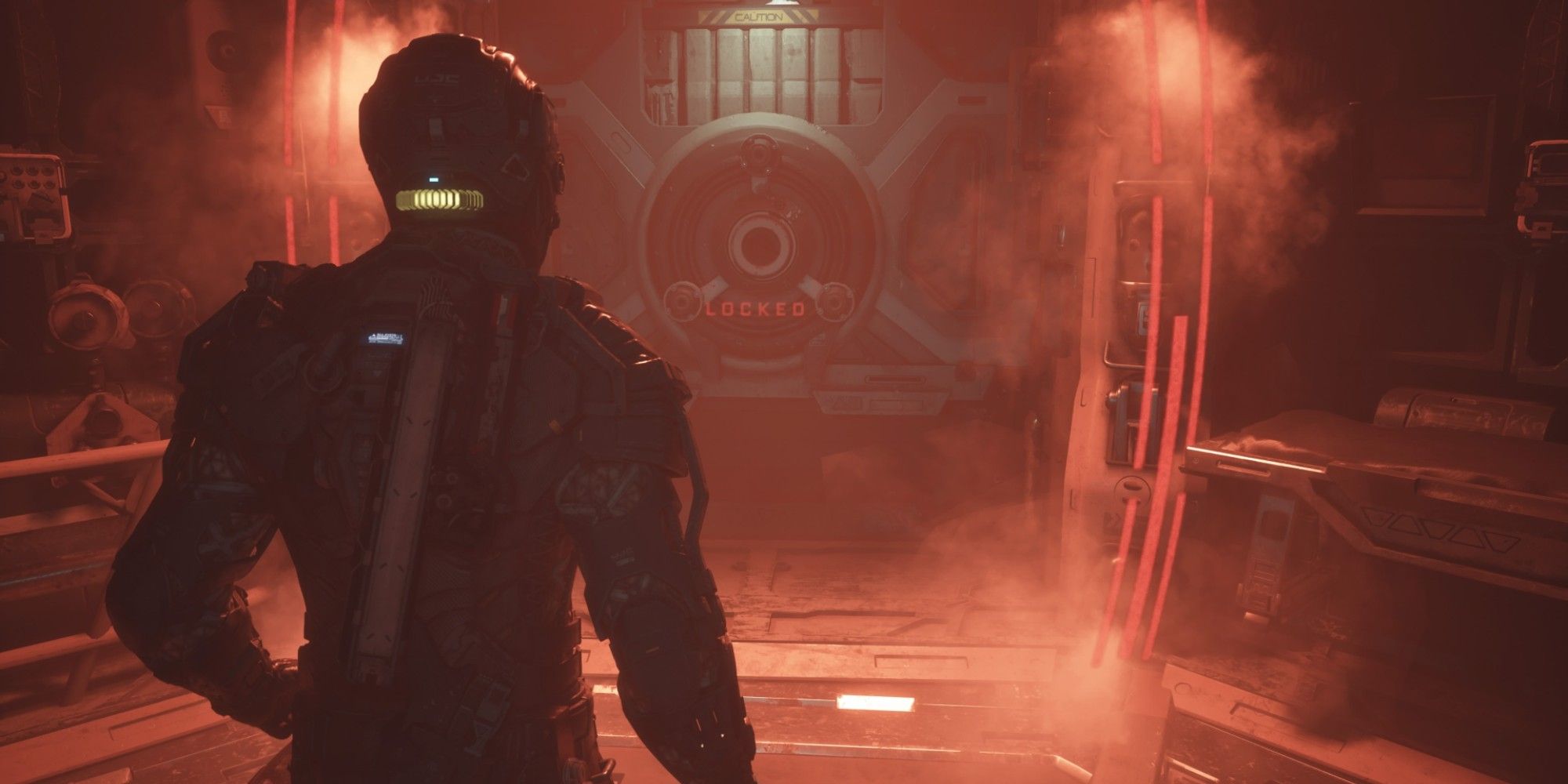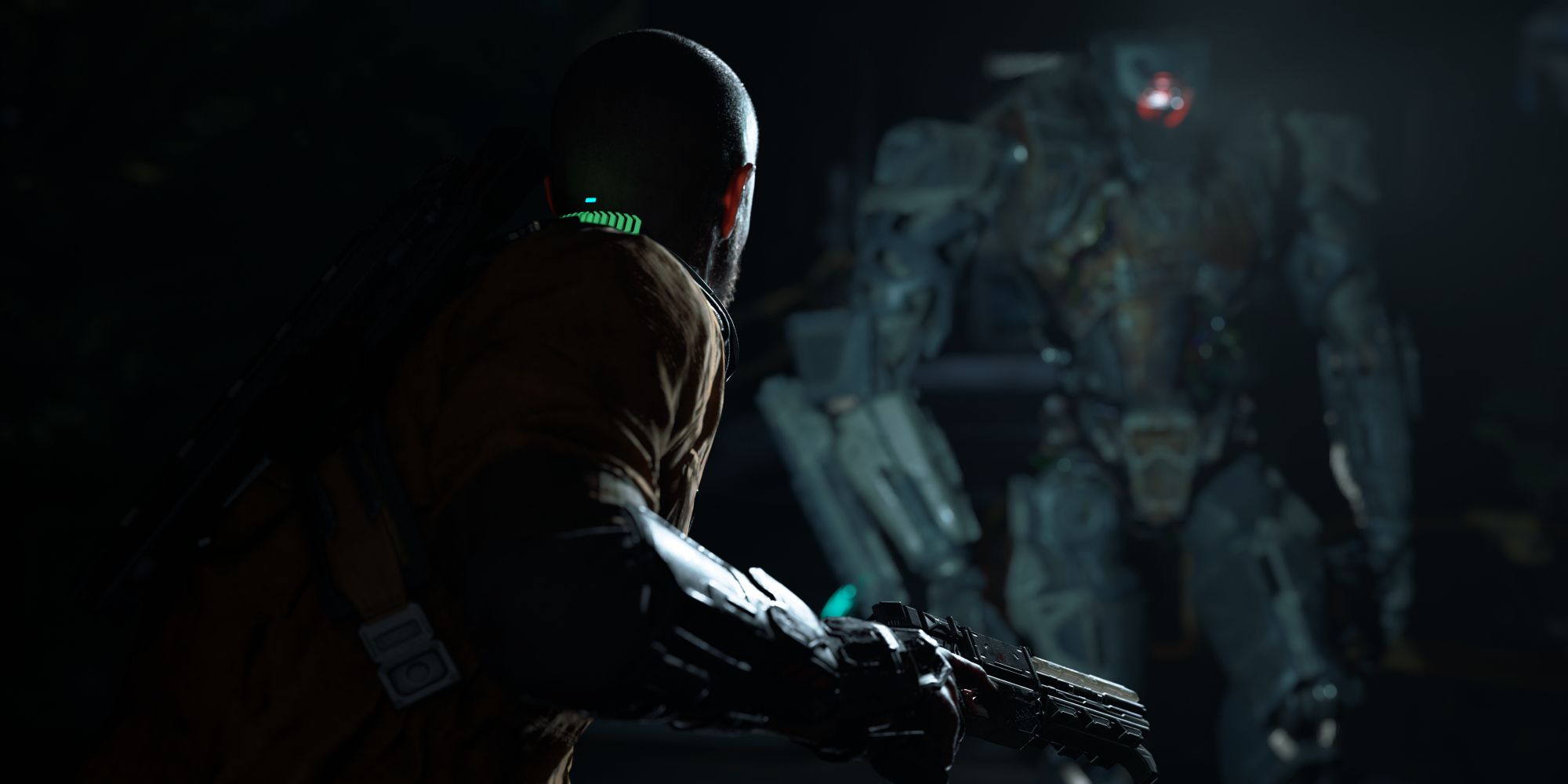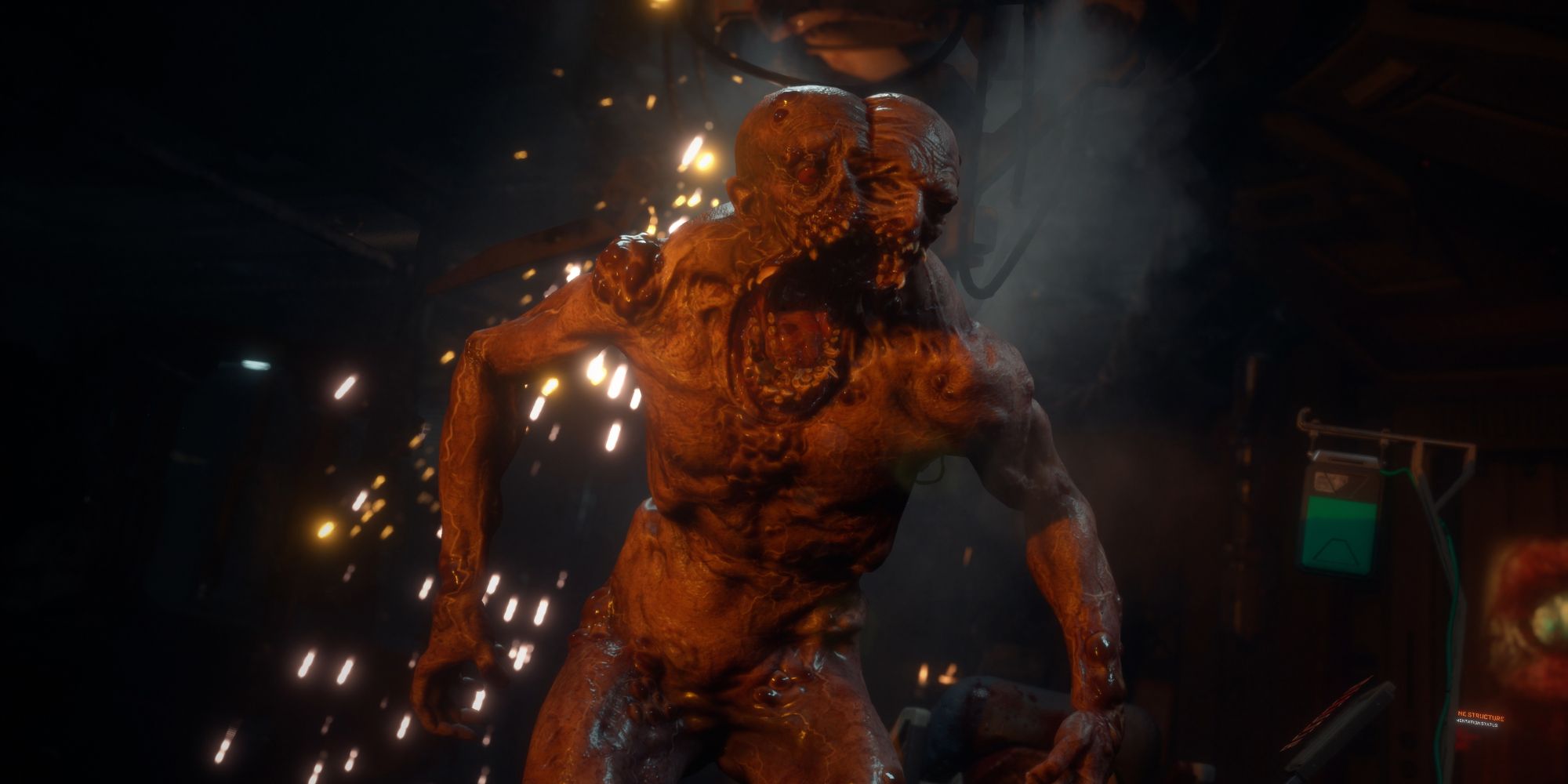Every once in a while, a game comes along that perfectly encapsulates the state of modern gaming. These games aren’t good because, broadly, the state of gaming is not good. That’s a cynical point often rebutted by a ‘no downers’ attitude that points to a handful of great games that release each year. Last year was a slow year because of the pandemic, but people still argued it was brilliant because well, there was a game I liked and that’s what matters. We’re increasingly incapable of seeing the bigger picture or of handling criticism of our interests, so when a game puts our failures on display, we are confronted with the unavoidable. Right now, that game is The Callisto Protocol.
The most recent game to fulfil this role was Cyberpunk 2077, which was flawed and hubristic in its own way. Cyberpunk though most represented the problems we have surrounding marketing - Cyberpunk 2077 was whipped up into a parasocial frenzy by an overeager marketing department, aided by the aforementioned ‘no downers’ attitude across the press that is eroding us from critics into enthusiasts. Everyone, from the players to the press to the content creators in the yellow #gifted chairs was ready to call the game a masterpiece before it was even out. Even so obviously broken and barren, it still swept to five star drooling reviews entirely devoid of critique - the later defence that PC copies were less broken than console versions failed to account for the plethora of cut features required to get the game in even halfway decent order.
Cyberpunk 2077 itself was fine. Not great, and so broken it was pulled from stores at launch, but the actual running around Night City was just an okay video game. The Callisto Protocol was not particularly overhyped. The hubris and the reflection of our own shortcomings as an industry comes from the game itself.
A lot of this comes back to Glen Schofield. The man has seen his stock rise and then sharply fall this year. He created Dead Space, but it feels like it’s only this year that he has gotten the credit for that. At a time when we should be moving away from the outdated idea of video game auteurs as development teams grow larger, we are instead celebrating them more. Schofield’s name was only known to particularly obsessed die-hards in 2008 when Dead Space launched, but his involvement in The Callisto Protocol has been celebrated far louder, and that was before a button had even been clicked.
The Callisto Protocol is just Dead Space Again. That was initially celebrated - the man created Dead Space, so surely he could do it again, right? Our obsession with recreating and tinkering with the past, of remakes and remasters, of holding on to former glories at the expense of reaching out and grabbing something new has come back to haunt us. The Callisto Protocol is indeed just Dead Space Again - and why do we want that when we have Dead Space, plus actual Dead Space Again in the form of a remake coming next month? It repeats Dead Space’s aesthetic, iconic moments, and claustrophobic gameplay like karaoke, and when was the last time you heard karaoke that was as good as the real thing.
Another issue with this development process is that Schofield fancies himself the Mariah Carey of this karaoke night. The ideas are all his, returned from Dead Space, because how can he be an auteur if he pays attention to other people’s ideas? Then it wouldn’t be his vision. And he can’t use any new ideas, because the Dead Space ones worked. It took over ten years for gaming culture to herald him as a genius - he’s not going to risk that by giving us anything less than we’ve already told him we like. The most telling example of this comes in the opening credits - Schofield’s name appears first, with no title or extra description. There’s an expectation, perhaps even a demand, that you know his name, tied to a lack of willingness to be pinned down even to a title as all-encompassing as ‘director’ or ‘creator’. He simply is The Callisto Protocol.
Then of course we come to crunch. While more voices are pushing back against it, it still feels synonymous with modern development. Schofield’s statement when Callisto’s crunch was revealed “ya do it cuz ya love it” typifies how skewed gaming has become. In the ‘90s, when Schofield started, you did do it cuz ya loved it. Teams were like six guys in a backroom drinking stale coffee. They all created the game. Now, with teams in the hundreds, you have people working 12 hour days, six days a week, and what they’re responsible for is blood squelch foley. They don’t do it cuz they love it. They do it cuz otherwise you get fired and don’t get a job again.
Schofield deleted the tweet shortly afterwards once his statement on crunch was criticised (the crunch, as far as we know, did not stop), but it’s clear his attitude remains. After facing mass criticism for the messy way the game is running, Schofield told fans a patch was coming, and that the reason for the lack of patch was “just a freakin’ error by someone rushing”. Even ignoring the fact pro-crunch Schofield was the one rushing them, there’s a complete lack of apology on show here. The game not working is the only area in which criticism is still widely accepted (gameplay, narrative, reductive ideas get bumped away under the ‘no downers’ rule), so this is an easy apology to make, and an easy win when it’s inevitably fixed. But Schofield, whose name is The Callisto Protocol, can’t even do that, instead shifting all of the blame to an anonymous grunt.
We will not learn from this. We will continue to make individuals into deities simply for having the highest credit on a game we think is kind of okay, but The Callisto Protocol at least serves as a mirror for our own failings. It’s hubris for modern gaming and for auteurs, but also for us.




